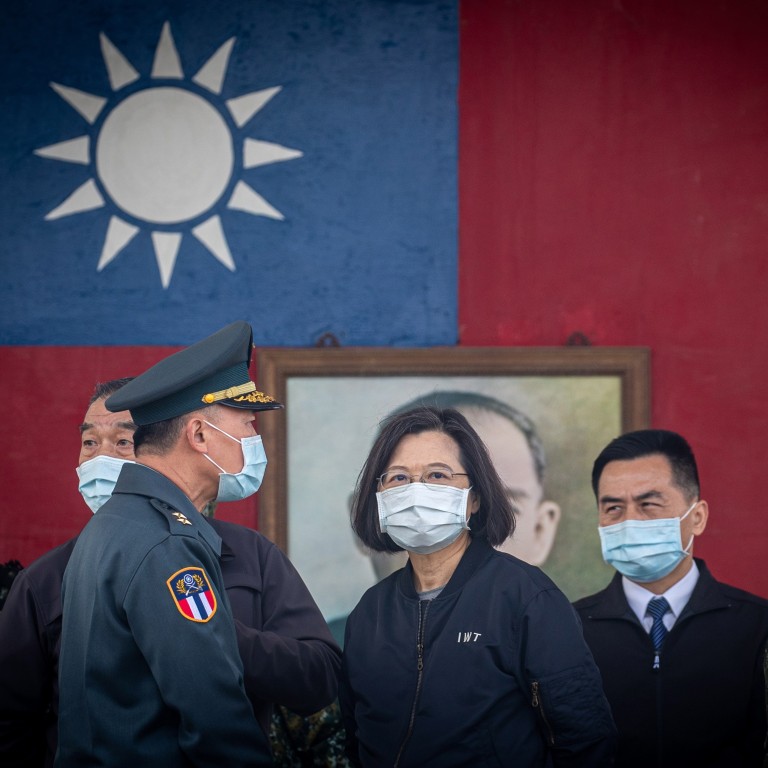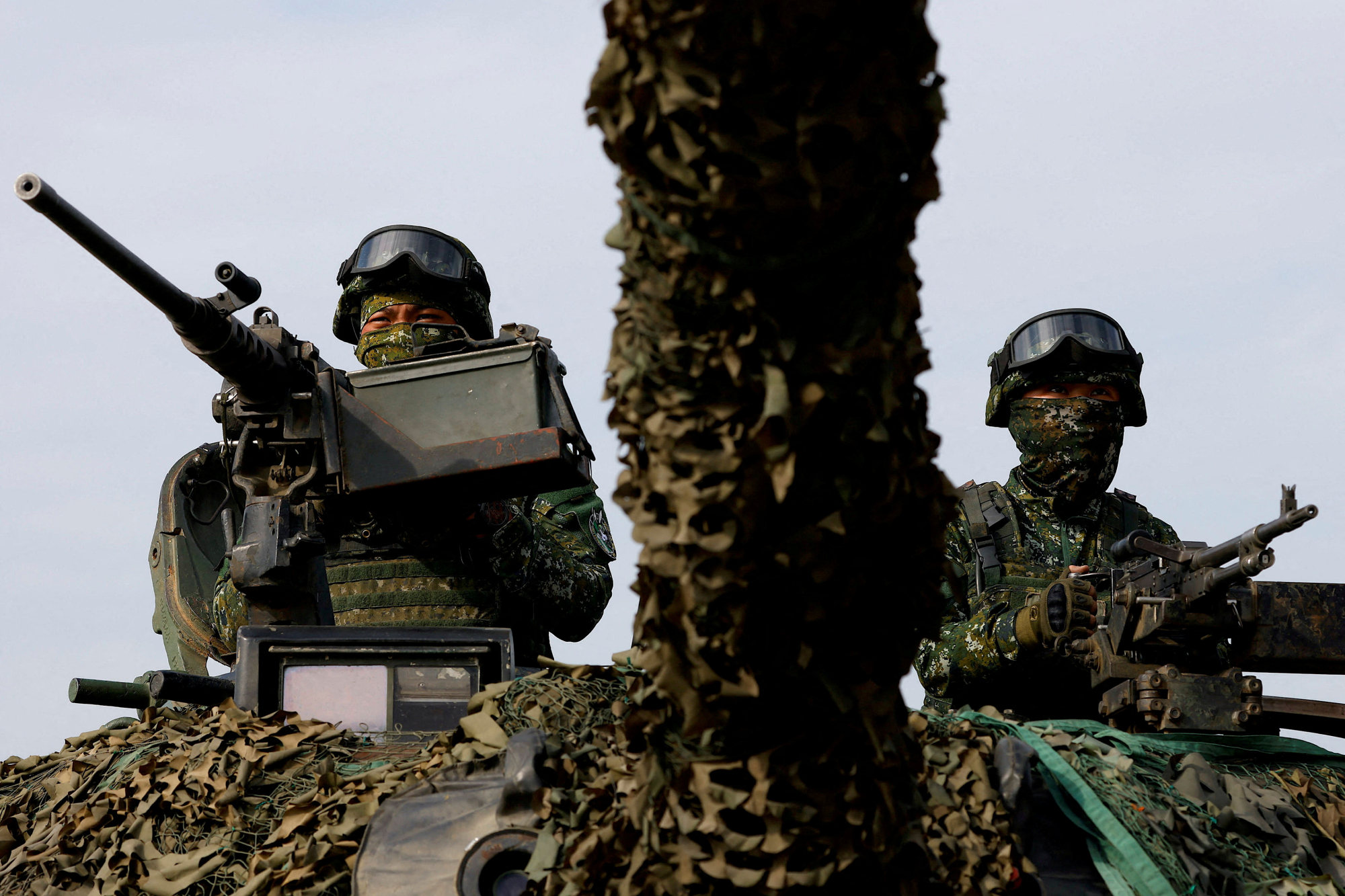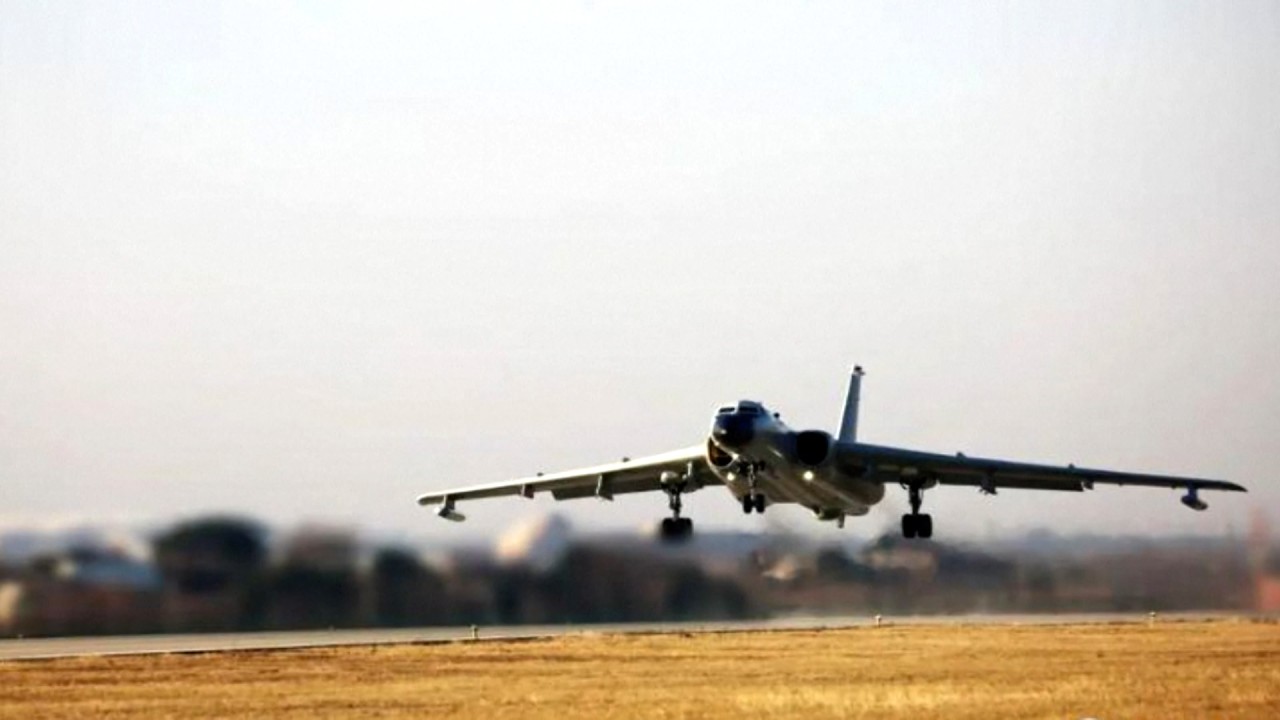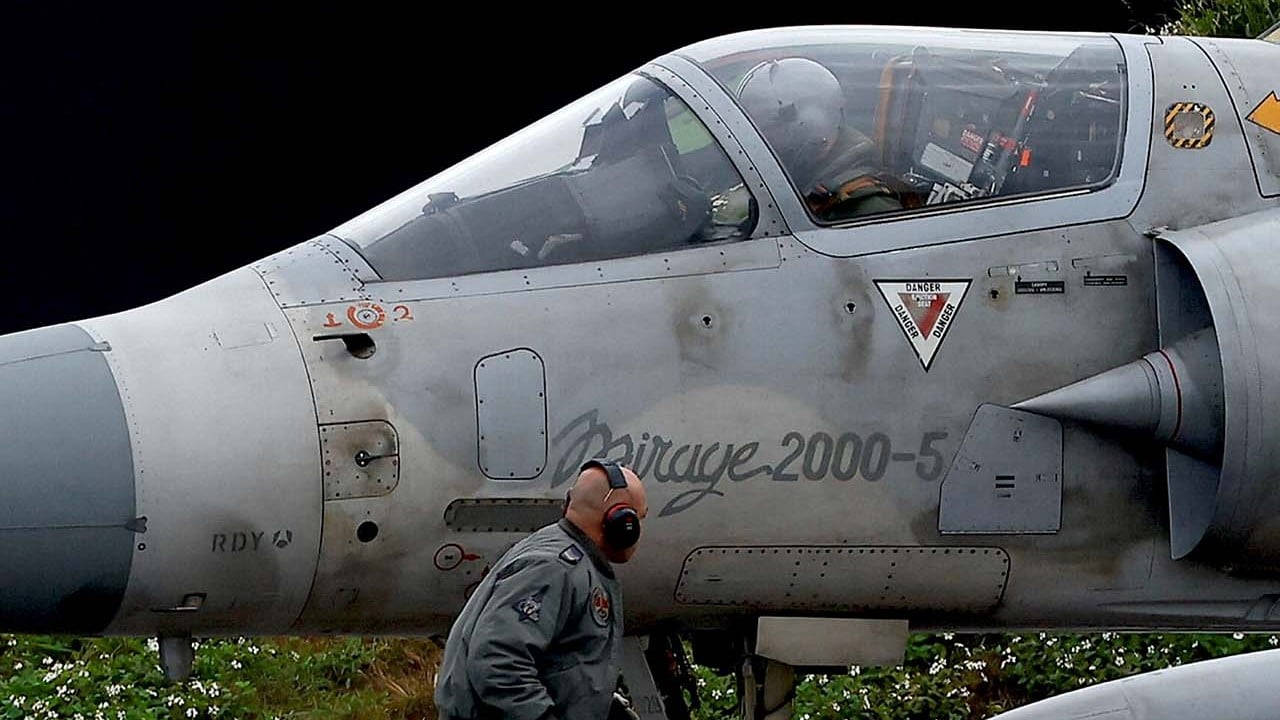
PLA escalates drills near Taiwan to deter closer US ties, but analysts warn approach could backfire
- Beijing ramps up combat patrols this month after Washington increases military aid to the island
- While intimidation campaign aims to send message to Taiwanese public, observers say it could drive support for US-Taiwan defence collaboration
The People’s Liberation Army has ramped up combat patrols around Taiwan to deter Taipei from boosting defence ties with Washington, but observers warned Beijing’s increasing intimidation could cause backlash.
Two weeks later, the PLA sent nearly 60 aircraft sorties and three warships to block three sides of the self-ruled island in a daily combat drill.
Taiwan cracks down on mainland China noodles that said ‘you’re Chinese’
Zhou Chenming, a researcher from the Beijing-based Yuan Wang military science and technology think tank, said Beijing intended to use military deterrence to dissuade Taipei from relying on US military aid.
“It’s the American support of Taiwan that pushed the PLA to turn combat-readiness patrols around the island into regular exercises,” Zhou said.
“Beijing should let the Taiwanese public understand the island is incapable of defending itself as the PLA is determined to smash all military intervention by foreign forces.”
The more Beijing pressures and intimidates Taiwan, the more the Taiwanese people will support closer US-Taiwan military cooperation
However, others said fierce intimidation would only encourage the Taiwanese public to support military cooperation between Taipei and Washington.
Taipei-based military expert Chi Le-yi said the NDAA and increased transparency about US-Taiwan military cooperation showed that the US had translated its commitment to supporting the island into real action.
“American policy on Taiwan has changed greatly in the past eight years against the white-hot background of strategic confrontations between Washington and Beijing,” Chi said.
“The more Beijing pressures and intimidates Taiwan, the more the Taiwanese people will support closer US-Taiwan military cooperation.”

Beijing considers Taiwan a breakaway province that must be reunified with the mainland.
Most countries, including the US, do not recognise Taiwan as an independent state, but Washington opposes any attempt to take the island by force.
Washington terminated its mutual defence treaty with Taipei in 1980 after normalising ties with Beijing in 1979, but the US and Taiwan have maintained unofficial military ties via defence fellowship programmes.
While the US military’s ties to the island are an open secret, it has typically kept a low profile when dealing with Taipei. Meanwhile, Taiwanese media have been keen to play up signs of closer military cooperation with Washington.
Pentagon preparing for Taiwan visit by House Speaker McCarthy, report says
Earlier this month, the US Army War College (USAWC) posted a photo on Facebook of a Taiwanese military officer attending a farm fair in Pennsylvania as part of its international fellows programme.
The USAWC did not identify the officer, who was pictured holding his young daughter, but Taiwanese media reported he was an infantry lieutenant colonel.
Taipei has sent senior officers to train at the US military institution since 1991, including Taiwanese Defence Minister Chiu Kuo-cheng.
“This is a very normal part of [the] US-Taiwan unofficial relationship,” said Drew Thompson, a visiting senior research fellow at the National University of Singapore’s Lee Kuan Yew School of Public Policy, referring to the Facebook post.
Taiwanese media saw the social media post as a positive sign promoting military exchanges between the US and Taiwan.
Thompson said the island’s media were “proud of the length, depth and strength of the US-Taiwan security relationship, and the success of professional military education exchanges is an example of that”.
In a recent report, the USAWC said 76 senior international officers from 73 countries and regions – including Ukraine, Taiwan and Vietnam – were expected to receive training at its next international fellows programme starting in August.
Drones could play key role in PLA’s ‘final unification war’ on Taiwan
Chi said long-standing tensions and increased intimidation had prompted irreversible dislike of Beijing among ordinary Taiwanese.
He added that most Taiwanese under the age of 35 regarded cross-strait ties as relations between two different countries.



